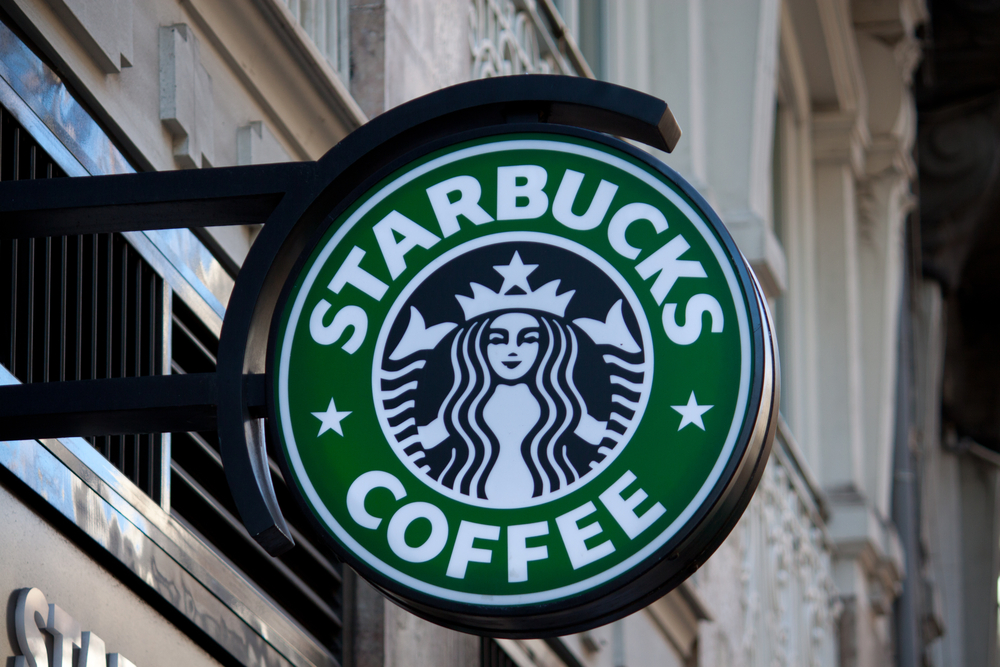Bitcoin Not a ‘Legitimate’ Currency, But a Trusted Digital Currency Could Be: Starbucks Chairman

Starbucks wants to help crypto users seamlessly move between bitcoin and fiat. | Source: Shutterstock
Bitcoin is not a “legitimate” currency, but a digital currency could one day form the linchpin of a cashless future, at least according to Starbucks Executive Chairman Howard Schultz.
Schultz made this prediction during a post-earnings conference call on Thursday, stressing — as mainstream executives so often do — that distributed ledger technology (DLT) can be leveraged outside of cryptocurrency-based applications.
“I don’t believe that bitcoin is going to be a currency today or in the future,” Schultz said during the conference call , audio of which can be found on the Starbucks website. “I’m talking about … the possibility of what could happen — not in the near term, but in a few years from now — with a consumer application in which there’s trust and legitimacy with regard to a digital currency.”
The former Seattle Supersonics owner stressed that Starbucks is not planning to launch its own digital currency, as both Kodak and Burger King Russia have done in recent months.
Rather, he said that increasing consumer interest in digital payment options makes it necessary for companies like Starbucks to anticipate future consumer behavior.
“I’m not bringing this up because Starbucks is announcing that we are forming a digital currency or we’re investing in this,” Schultz said,”I’m bringing this up … as we think about the future of our company and the future of consumer behavior.”
Starbucks is currently pilot-testing its first cashless store , which is located in Seattle, while central banks across the world have begun researching how to use DLT to digitize their fiat currencies.
Support for Russia’s proposed Cryptoruble appears to be picking up steam, as RT reported on Thursday that a legislator had submitted a bill to the country’s parliament that in a bid to make the state-backed digital currency legal tender.
A People’s Bank of Chian (PBoC) official, meanwhile, published an op-ed this week explaining the government’s vision for a central bank digital currency (CBDC) that would replace cash.
Venezuela is reportedly even planning to hold what is effectively an initial coin offering (ICO) to distribute its “Petro” cryptocurrency, which is purportedly backed by oil reserves, although some analysts believe those claims to be dubious.
Featured image from Shutterstock.